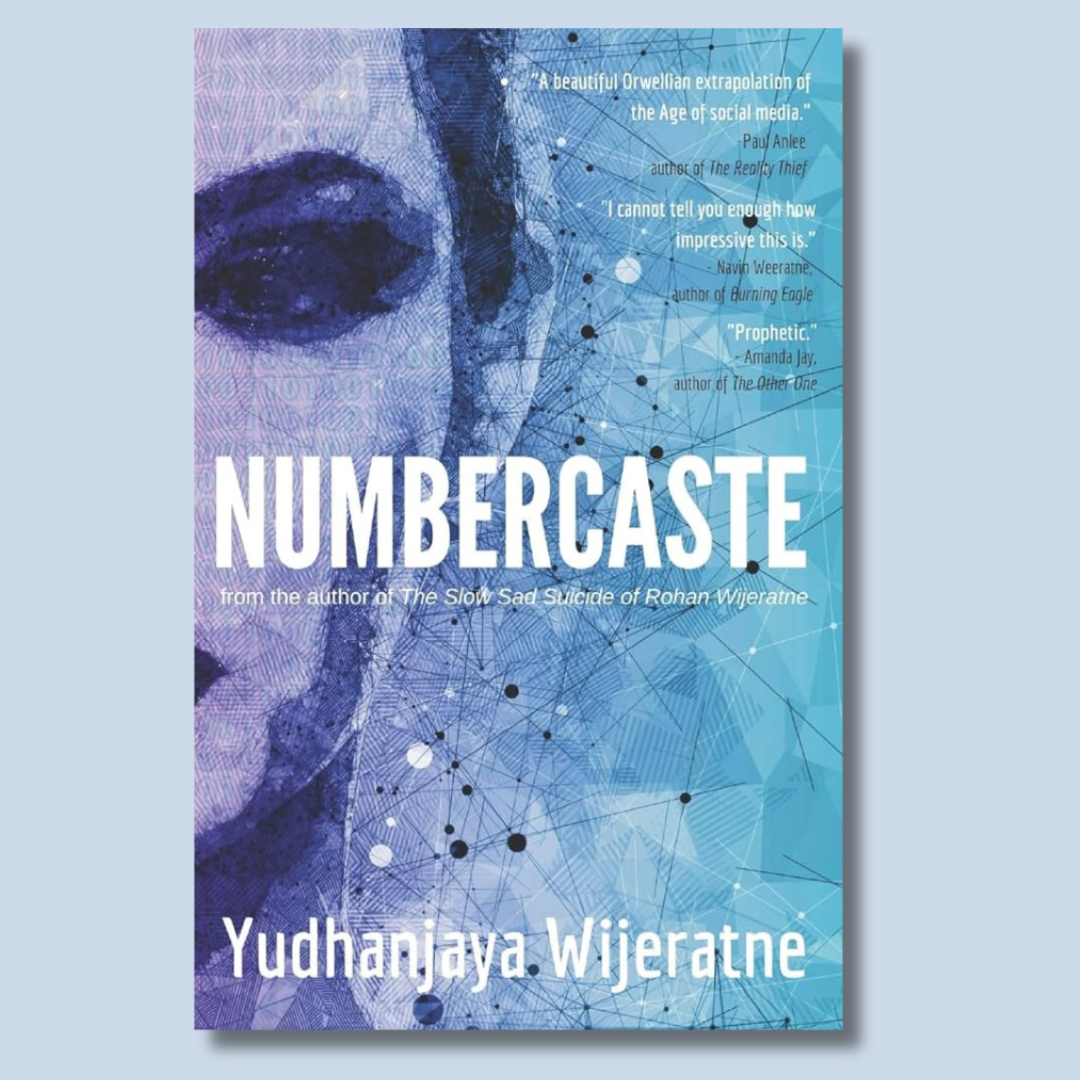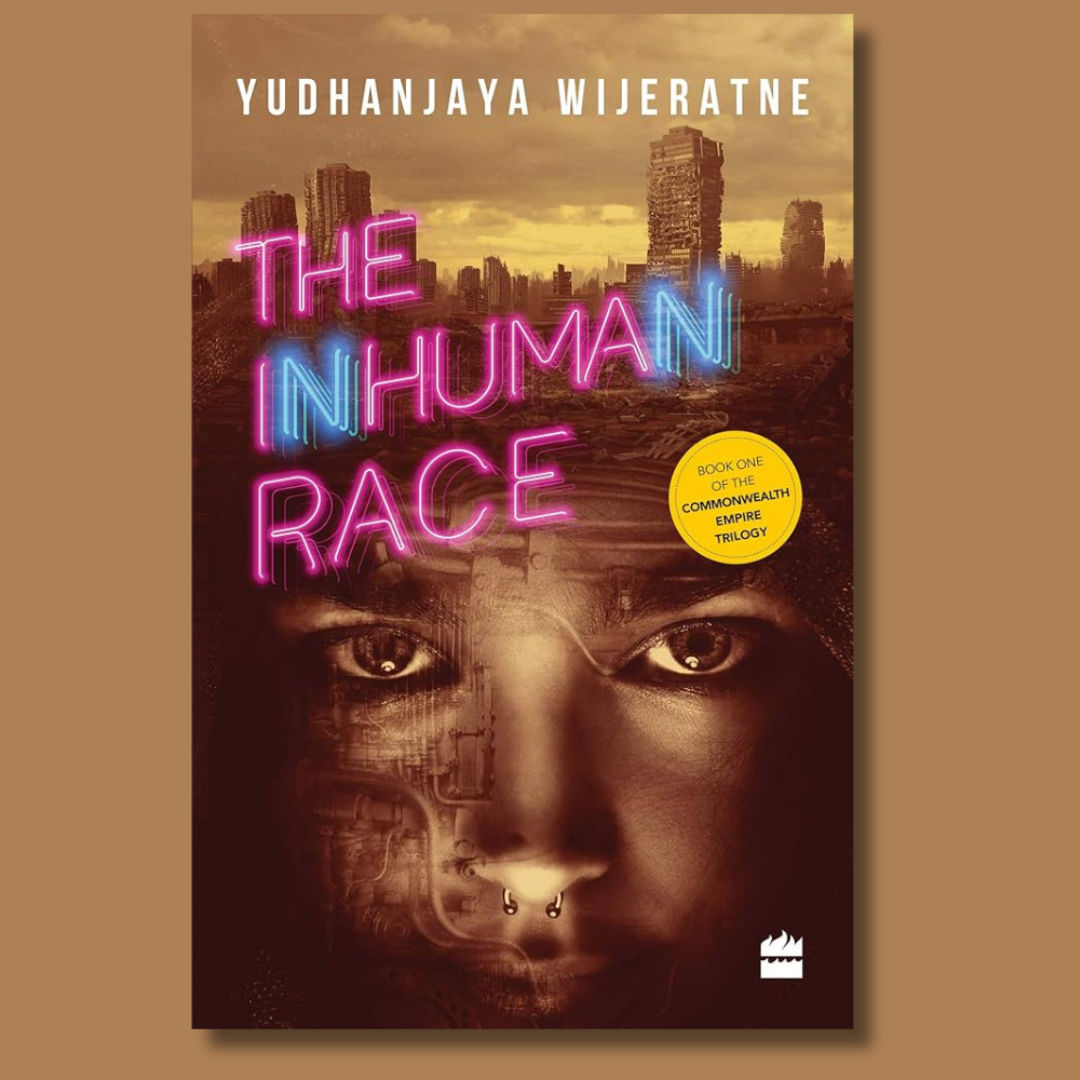
Numbercaste
A near-future where a Silicon Valley startup replaces credit scoring with social media influence checks.
A biopunk Colombo from an alternate future. Colonialism. A machine uprising. And the consequences.
Blurb: The year is 2033. The British Empire never fell. Communism never happened. The Commonwealth flies the flag of the Empire. Many of the Empire’s colonies are stripped bare in the name of British interests, powerless to resist. Upon this stage is Ceylon – a once-proud civilization tracing itself back to the time of the Pharaohs, reduced but not dead. The Great Houses of Kandy still control the most lucrative trade routes, since even dust and ashes can serve a purpose.
The Inhuman Race (and sequels) draws inspiration from five quarters: the Chinese Room thought experiment explored by philosopher John Searle; by Bioshock and Marathon: Durandal; from the Lord of the Flies by William Golding and Battle Royale by Takami Koushun; and from the records of the British empire, what it did to Sri Lanka, and also the strange co-dependent complicity that the colonized often fall into; and lastly from local geopolitics around Sri Lanka, especially the tensions around the Colombo Port City (which I reported on during my journalist days) and of the China-vs-West tussles playing out in both culture and politics. An early Huffpost review captured it fairly well, I think.
In the midst of the ruins of “shell-blasted hotels whose spires reach out into the dark night sky”, a robotic voice with a Chinese accent declares that the Bluetooth device is ready to pair.
The Inhuman Race was my second novel, directly after Numbercaste. It’s set in an alternate future; I have some early notes saved speculating on technological directions. Interestingly, even thought it did not start out this way, the story has since evolved as a sort of parallel to Westworld (a series I was quite fond of until the third season). There are many elements in common - machines designed to mimic the human form; an uprising of sentience; and the failure to recognize that intelligence, an attitude that the Sri Lankans in the book both suffer and inflict, positioned as they are in power between the machines and the administration and society of the British Empire.
